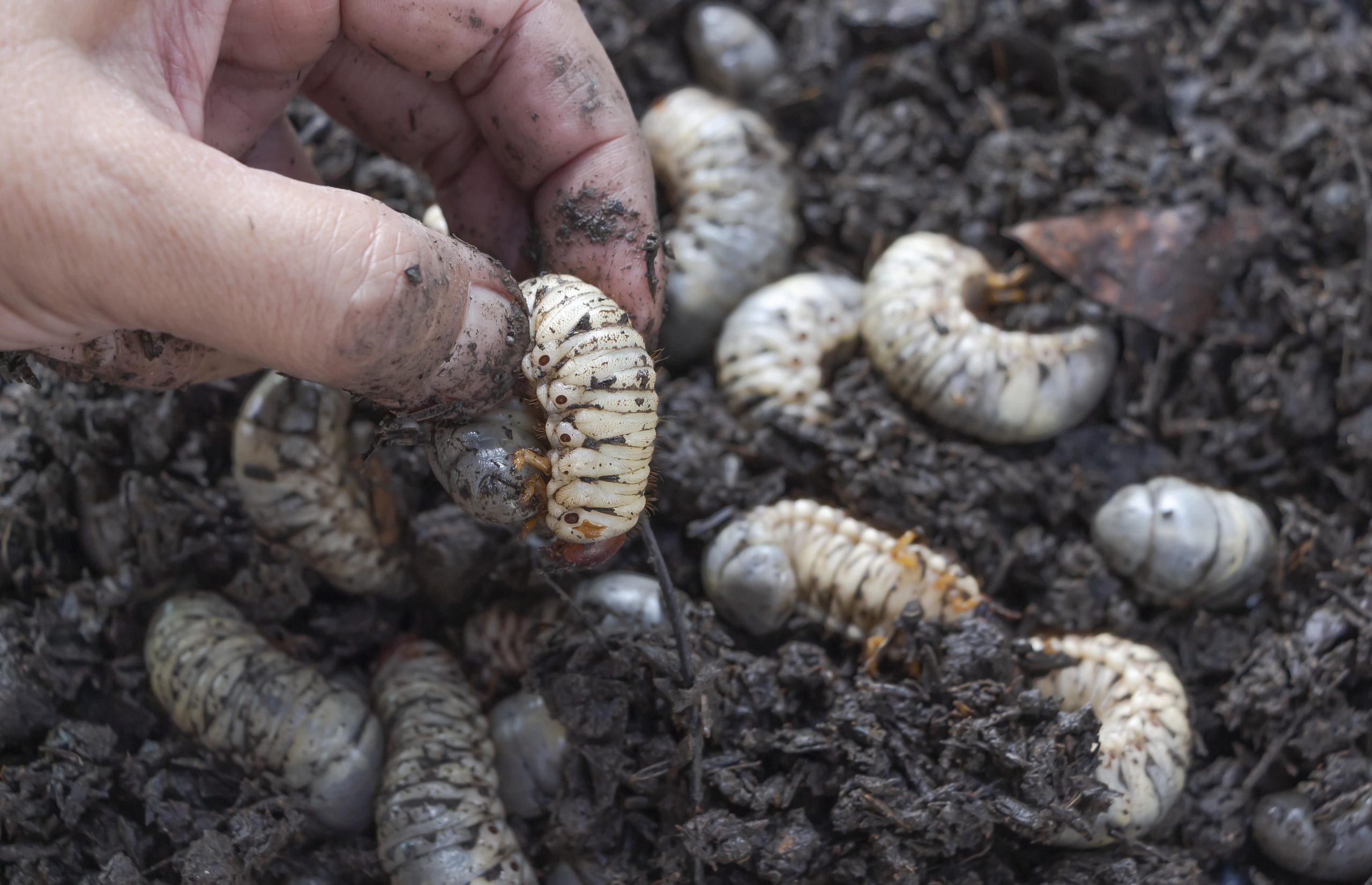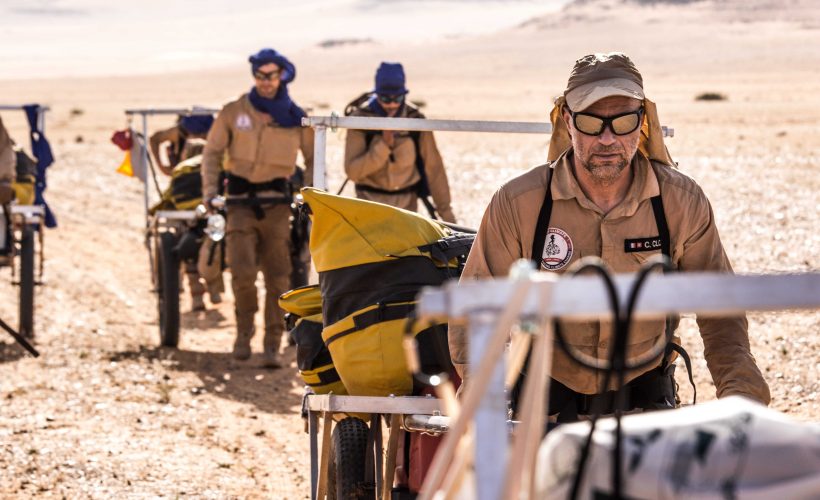Tech & Business
10.6.2020
A French-Tunisian startup changes the future of sustainable agriculture with insect proteins

Developing sustainable and environmentally friendly agriculture through insect farming is the mission of the Tunisian start-up nextProtein. A path encouraged by its recent €10.2 million Series A fundraising.
The recent coronavirus crisis has demonstrated the limits of our agricultural systems of production and exploitation. An opportunity to become aware of the urgency to develop a more sustainable and environmentally friendly agriculture, that the Tunisian start-up nextProtein already considered when it decided to create the first insect- based animal feed and fertiliser in 2017.
By using black soldier fly larvae to convert food waste into animal feed, the company expects to accelerate sustainable agriculture and to respond to the global food scarcity predicted over the next few years, with the growing population. With an operation unit in Tunisia and the headquarters in Paris, we met one of the co-founders of nextProtein, Syrine Chaalala, to talk about the role of insects in the future of sustainable agriculture.
From where your interest in sustainable farming practices came about ?
In 2013, I was working in Madagascar as an Emergency Operations Specialist for the Food and Agriculture Organization of the United Nations (FAO), where we were trying to fight and prevent locusts from decimating people’s crops and livelihoods. I was able to observe the incredible capacity of insects to create proteins quickly. That’s when my partner, Mohamed Gastli, and I, started to think about producing an insect-based protein that could be a sustainable way to meet the growing demand of the global feed market.
Why are insect proteins the solution for a more sustainable agriculture?
Insect proteins provide an answer to several major current societal problems, such as the population growth, increased demand for fish and meat, and environmental degradation. Today we manufacture protein powder for fish, poultry, pigs and pets, replacing more resource-intensive or costly feed sources. For instance, one kilogram of insect protein is estimated to save three kilograms of ocean fish from being caught for use as fishmeal. Our production method requires almost no water and has a smaller carbon footprint. nextProtein’s first facility in Tunisia’s Cap Bon region uses much less land and energy compared to other traditional protein sources such as beef and soy.
What were your main challenges?
We worked hard to become the most economical player in the market, and to meet the scale of demands. To deliver on our promise, we must always be at the forefront of innovation in terms of vertical agriculture. And as we want to mainstream a new, more environmentally friendly agricultural industry, it is very important for us to maintain high standards in order to build and maintain consumer confidence in our products. We are trying to shift towards a full circular economy, moving away from the industry standard of using cereal by-products as a main feed source for the insects to focus instead on wasted fruits and vegetables, in order to reintegrate them into our food systems.
You have recently raised 10. 2 millions of euros in funding. What are your plans for the future of the company?
This latest investment will allow us to build a second cutting-edge facility, hire new talent and accelerate its research and development programme. We plan to scale production to 100,000 tonnes per year by 2025, or an estimated 10 percent of the total insect protein market globally, and hope to mainstream insect based protein as a main animal and aquaculture feed. This fundraising will hopefully give us the opportunity to pave the way and the market for a new generation of companies specializing in insect derived products.
popular

